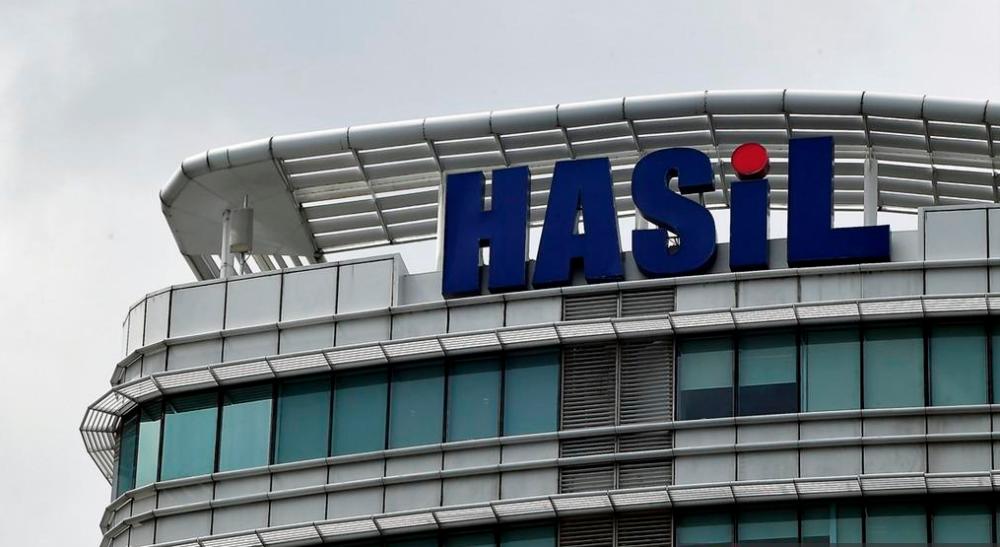IN A recent interview, Inland Revenue Board (IRB) CEO Datuk Mohd Nizom Sairi stated: “We are stating to them (non-compliant taxpayers) that after this, especially for those who have not been paying what is due, we will go out and enforce the full force of the law because opportunity was given but they did not come forward.”
This is the final chance for taxpayers who have unreported or underreported income, overclaimed expenses, overclaimed reliefs/deductions, overclaimed capital allowances and incentives to come clean and report the correct income for the relevant tax years. This is also extended to cases involving Real Property Gains Tax where taxpayers have not declared the disposal of assets, and in the case of stamp duties, documents executed before May 1 2023.
The big benefit here is the 100% waiver of the penalty/surcharge, and the assurance from IRB that the disclosure of information will be accepted in good faith. Although a review will be carried out for the mathematical accuracy, IRB will not carry out an audit or investigation on the years of assessment relating to the income declared voluntarily. There is an assurance from IRB that it will not go back and reopen those years of assessment.
It is interesting to note that despite the law requiring tax returns to be based on audited financial statements, under Special Voluntary Disclosure Programme 2.0 (SVDP 2.0) IRB is willing to accept such cases into the programme. If subsequently the audited accounts differ from the management accounts, the taxpayer has the responsibility to make the amendments without incurring any penalty.
All taxpayers can participate, including non-residents and foreigners who are deriving income from Malaysia. This will include individuals, corporates, trusts, partnerships, estates of deceased persons, etc.
There must be additional taxes to be paid for any taxpayer to enter into SVDP 2.0. If it is merely an adjustment without additional taxes or a claim for refund, SVDP 2.0 cannot be used.
What is excluded
Taxpayers under tax audits or investigations are excluded from SVDP 2.0. However, this is only confined to the years of assessment under audit or investigation. Taxpayer can still use SVDP 2.0 for years of assessment not covered under the tax audit or investigation.
Employers, in respect of their employer obligations, such as the failure to comply with the monthly deductions, will be excluded.
Do not wait any longer
Taxpayers should quickly enter this programme because one never knows when you will be picked up for an audit. Once you are picked up for an audit, you have lost this opportunity. There will be a rush towards the end of the programme on May 31 2024. It will take time to prepare a proper SVDP application, and therefore the earlier you enter the programme, it will be to your benefit as it will give you time to answer any questions IRB may have after your submission.
It is expected that IRB will focus its audit resources post SVDP 2.0 on taxpayers who did not enter the programme. Consequently, taxpayers who have entered the programme will effectively enjoy a “holiday period” from tax audits.
Another big benefit of entering into SVDP 2.0 is that the taxpayer need not be concerned about keeping records relating to the years disclosed since there is an assurance from the IRB that those years of assessment will not be audited.
Please do not forget that you can request for instalment to pay your undeclared/underdeclared taxes as long as the outstanding taxes are settled before the end of SVDP 2.0 by May 31 2024.
Please take advantage of this wonderful opportunity to come clean.
This article is contributed by Thannees Tax Consulting Services Sdn Bhd managing director SM Thanneermalai (www.thannees.com).









